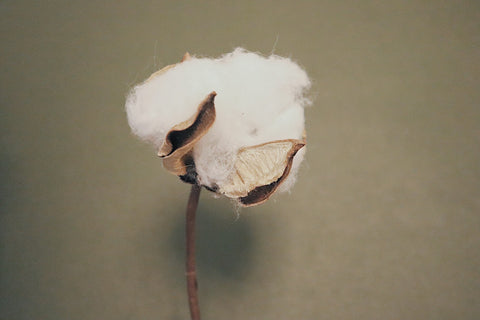ORGANICz® - sustainable fabrics
Buy sustainable fabrics - for a better future!

What does ORGANICz mean?
ORGANICz is our answer to the question of sustainability with environmental and ethical guidelines as well as strict social criteria along the entire production and supply chain.
Organic fabrics are textiles that are made from either organically grown fibers such as cotton, linen or hemp.
Organic wool comes from sheep that live under species-appropriate conditions . The sheep are raised on natural pastures without chemical fertilizers or pesticides.
The plant and animal fibers therefore come from agricultural production that does not involve the use of chemical pesticides, fertilizers or genetically modified seeds.
Our That's why we call Z uleeg's sustainable organic fabrics ORGANICz .
Organic fabrics are manufactured under strict ecological and social standards that aim to protect the environment while ensuring fair working conditions.
Environmental awareness is a top priority in the Zuleeg world and in the production of our high-quality fabrics. With ORGANICz fabrics, we are committed to sustainable and responsible fabric production. This commitment is our contribution to the development of environmentally friendly, high-quality sewing fabrics for a future-oriented slow fashion in the fashion world.
We are proud to offer our customers a wide range of sustainable fabrics and to be part of the Global Organic Textile Standards certified supply chain.
High-quality merino wool from controlled organic livestock farming

Organic cotton

Our fabrics for a sustainable future
In our sustainability report , we explain in detail which ecological, social, and economic aspects are particularly important to us in fabric production.
